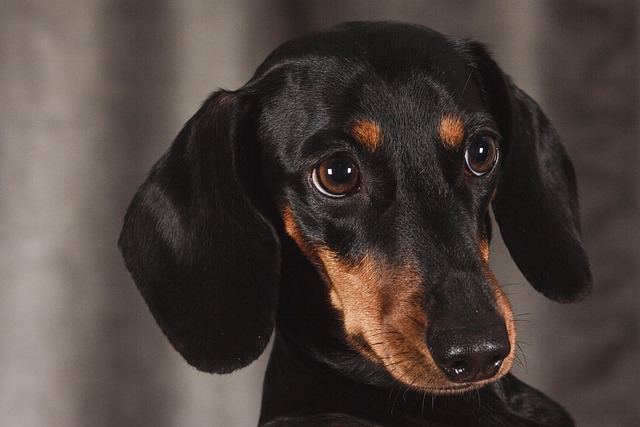
What is the hardest week of a puppy
You’re lying in bed at 3 a.m. in your Dallas apartment, eyes wide, as your 8-week-old Lab puppy whimpers from her crate. You’ve cleaned up two accidents,
Your husky Atlas bursts through the door after a winter hike in Vermont’s woods, his silver coat caked in frozen mud and road salt. As steam rises from his panting body, you eye the garden hose – could cold water rinse him faster? Stop right there. While Atlas thrives in snow, bathing him in cold water sabotages his natural defenses. That magnificent double coat works like a thermos: the undercoat traps insulating air while guard hairs repel moisture. Icy water shocks his system, constricts blood flow to the skin, and strips essential oils faster than lukewarm water. For puppies especially, this can trigger hypothermia even in mild 60°F (15°C) weather.
Siberian huskies evolved for dry Arctic cold, not wet chill. Cold water collapses the undercoat’s loft, destroying its insulation properties for hours. Worse, it fails to dissolve shampoo residue, trapping soap near the skin where it causes chemical burns and relentless itching. Veterinarians universally recommend lukewarm water around 100°F (38°C) – roughly his body temperature. This gently opens hair cuticles for effective cleansing without thermal shock. Always test water on your inner wrist like checking a baby’s bottle. After bathing, Atlas needs 4-6 hours indoors to fully re-insulate before facing even mild cold.
Transform bath time into a bonding ritual. Prep everything indoors: non-slip mat, pitcher, towels, and peanut butter smeared on the tub wall. Use lukewarm water from the start – sudden cold sprays will terrify him. Massage oatmeal-based shampoo into his back and legs while he licks the peanut butter, praising calmly. Rinse until water runs absolutely clear, lifting his fur to reach the dense undercoat. Towel-dry vigorously, avoiding blow dryers unless he’s trained to tolerate low heat. Reward cooperation with high-value chicken bits during the rinse, not just after. This builds positive associations critical for lifelong grooming compliance.
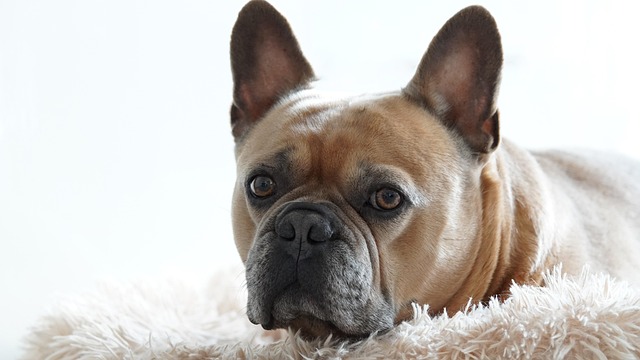
Responsible ownership means respecting physiological limits. Deliberately using painfully cold water could constitute neglect under animal welfare laws in states like Maine or Minnesota. Remember – scooping Atlas’ waste during snowy walks remains legally required; "snow camouflage" doesn’t exempt you from fines in cities like Denver. If he resists bathing, never force him into the tub. Positive reinforcement is the ethical norm: end sessions if he panics and try again later with tastier rewards. Yanking or scolding violates modern force-free training standards.
Apartment living demands extra strategy. Test tap water first – old pipes in Boston brownstones might run cold initially. Confine Atlas to tiled areas until fully dry; wet fur on carpets violates most leases. Schedule baths midday to avoid noise complaints about splashes or dramatic husky "singing." Community etiquette includes never bathing on balconies (runoff damages downstairs patios) and wiping muddy paws at building entrances.
That moment Atlas shakes glacial mud onto your floor? Resist the hose shortcut. Lukewarm baths preserve his coat’s magic while building trust. Pair this with weekly brushing, prompt poop cleanup, and respectful noise habits to keep your winter warrior healthy – and your landlord happy. Cold water isn’t tough love; it’s a gamble with his wellbeing.

You’re lying in bed at 3 a.m. in your Dallas apartment, eyes wide, as your 8-week-old Lab puppy whimpers from her crate. You’ve cleaned up two accidents,
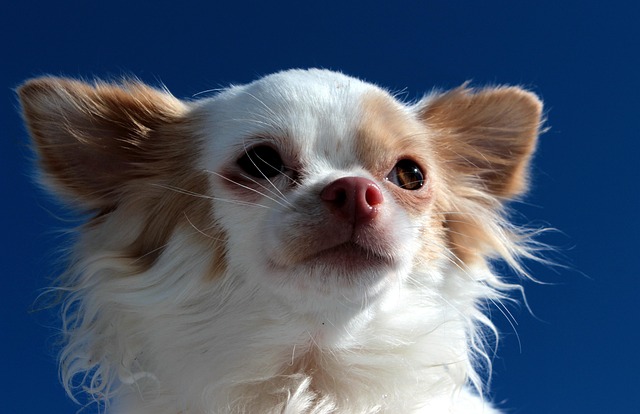
Bringing a small dog into your life means endless snuggles and tail wags, but it’s important to know that some breeds face more health challenges than others.
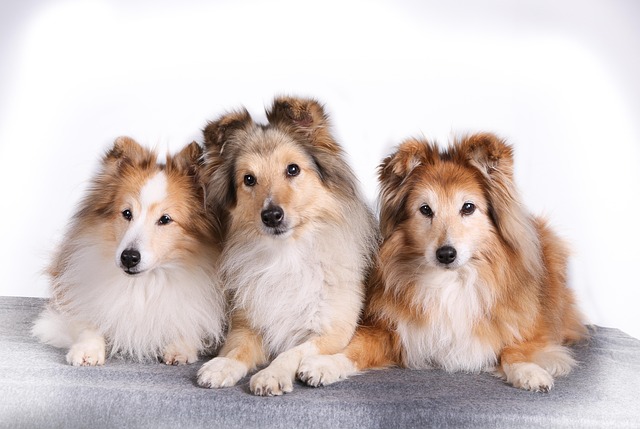
If you’ve brought a Border Collie into your home, you’ve welcomed a whirlwind of intelligence and energy. These herding dogs were bred to work long days in open fields,
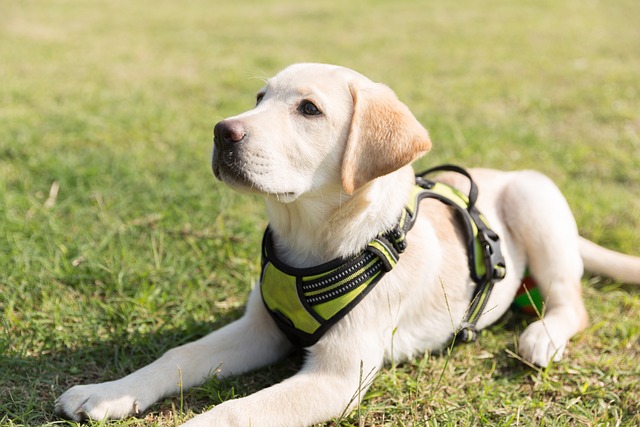
Watching your dog struggle to jump onto the couch or limp during walks can break your heart. Arthritis, a common and painful joint condition, can affect dogs at various ages.
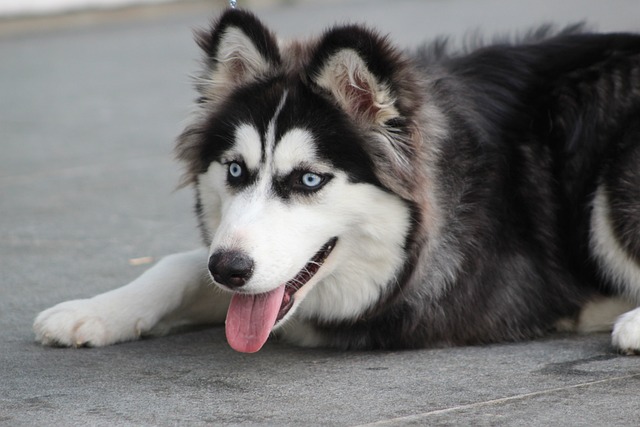
If you've ever watched a Husky scarf down their food like it's the last meal on earth, you might wonder if their eating habits spell trouble for their stomachs.
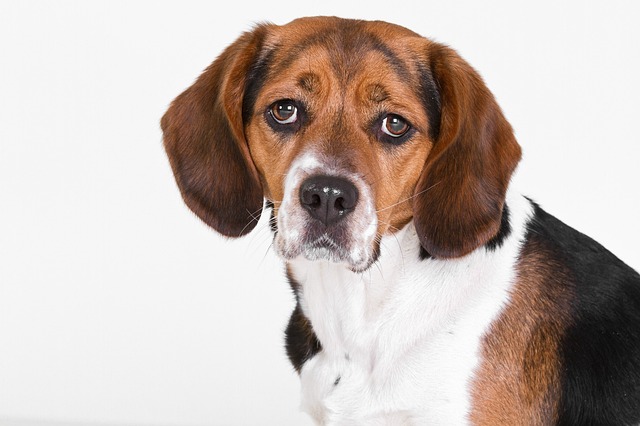
Imagine this: You’re sorting through Halloween candy, and your curious Cocker Spaniel sneaks a square of dark chocolate off the counter.